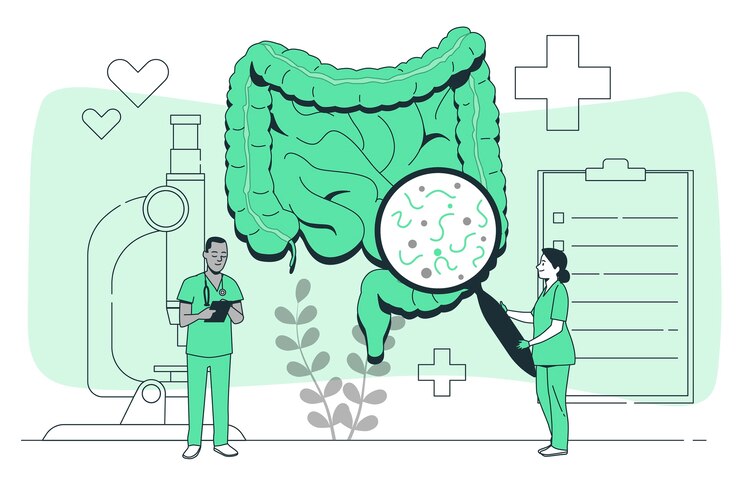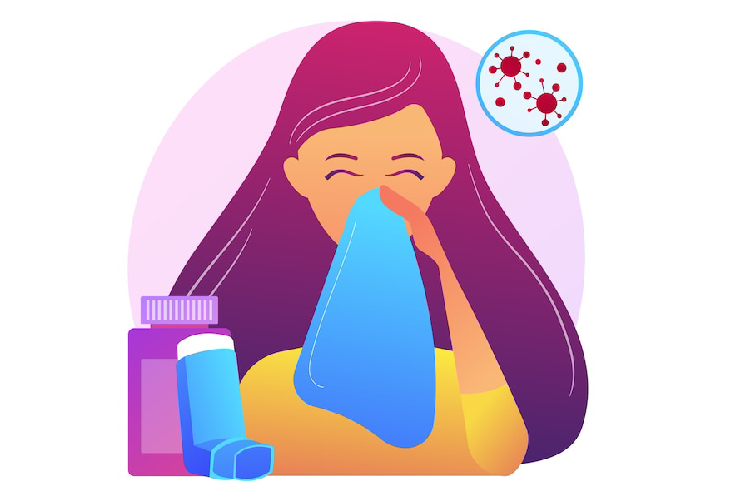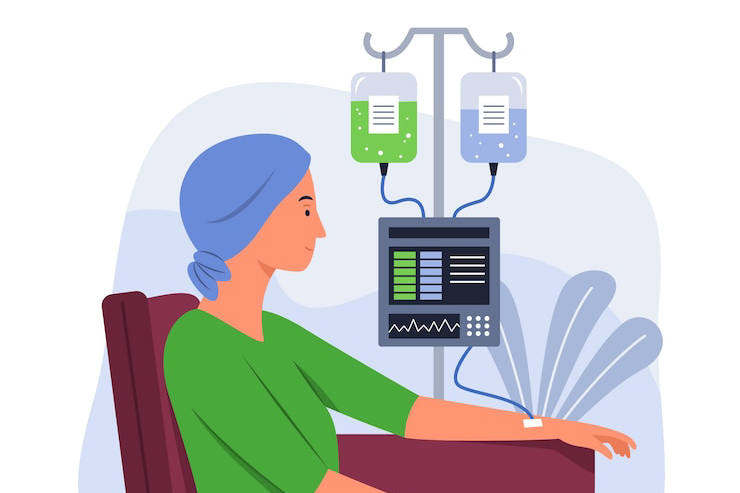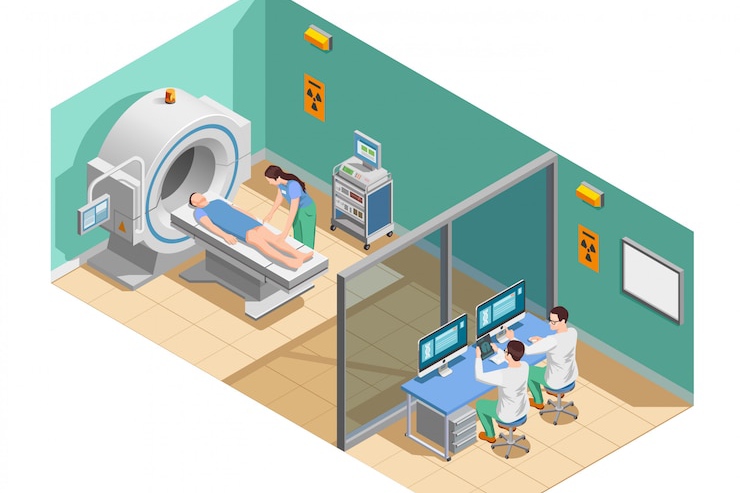
Our digestive system plays a crucial role in overall health, as it breaks down food, absorbs nutrients, and eliminates waste. But did you know that what you eat directly impacts how well your digestive system functions? In this blog, we’ll explore the important connection between diet and digestive health, with insights from a gastroenterologist.
1. Understanding the Digestive Process
The digestive system is responsible for turning the food we eat into energy and nutrients that fuel our bodies. It includes organs like the stomach, liver, intestines, and pancreas. The process involves breaking down food mechanically and chemically, absorbing nutrients, and getting rid of waste. However, when this system isn’t functioning well, it can lead to various digestive issues such as bloating, constipation, heartburn, and even more severe conditions like IBS (Irritable Bowel Syndrome) or Crohn’s disease.
2. The Role of Diet in Digestive Health
What we eat can either support or disrupt this delicate balance. A healthy, balanced diet that includes fiber, healthy fats, and plenty of fruits and vegetables helps maintain proper digestion. On the other hand, a poor diet high in processed foods, sugars, and unhealthy fats can cause inflammation, imbalance gut bacteria, and trigger digestive problems.
- Fiber-Rich Foods:
Fiber helps regulate bowel movements and promotes healthy digestion. Foods like whole grains, beans, vegetables, and fruits can prevent constipation and improve gut health. - Probiotics and Prebiotics:
Probiotics, found in foods like yogurt and fermented products, are live bacteria that support gut health. Prebiotics, found in foods like onions, garlic, and bananas, feed the beneficial bacteria in your gut. - Healthy Fats:
Healthy fats, such as those found in avocados, nuts, and olive oil, support the lining of the digestive tract and reduce inflammation.
3. Foods to Avoid for Better Digestion
- Processed Foods:
High in sugars and unhealthy fats, processed foods can contribute to gut inflammation and disrupt the balance of bacteria. - Spicy and Fatty Foods:
These can irritate the stomach lining and trigger conditions like acid reflux or heartburn. - Dairy:
For some people, dairy can cause digestive discomfort, especially if they are lactose intolerant. - Caffeine and Alcohol:
Both of these can irritate the digestive system and contribute to issues like acid reflux or stomach ulcers.
4. Gastroenterologist Tips for Digestive Health
- Eat Smaller, More Frequent Meals:
This can prevent overloading the digestive system and help with conditions like acid reflux. - Stay Hydrated:
Drinking plenty of water aids digestion and helps prevent constipation. - Limit Stress:
Chronic stress can impact digestion, so practicing stress-reduction techniques such as yoga or meditation can improve gut health. - Regular Exercise:
Physical activity encourages the movement of food through the digestive tract, which can help with regular bowel movements.
5. When to See a Gastroenterologist
If you experience chronic digestive issues such as persistent bloating, diarrhea, constipation, or unexplained weight loss, it’s important to consult a gastroenterologist. A specialist can diagnose any underlying conditions and offer a tailored treatment plan, including dietary recommendations to improve your digestive health.
Conclusion
Incorporating a balanced diet rich in fiber, healthy fats, and probiotics can significantly improve your digestive health. By understanding the connection between food and digestion, you can make smarter choices that support a healthy gut. If digestive issues persist, always seek professional advice from a gastroenterologist for personalized care.



